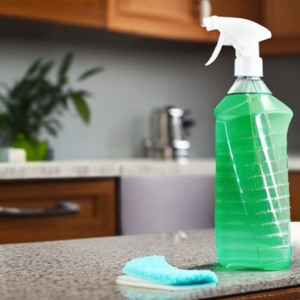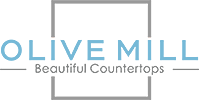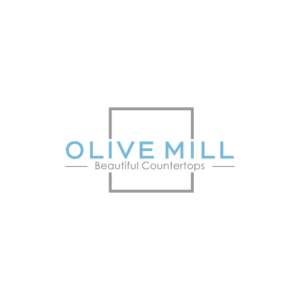Are There Any Chemicals or Cleaners on Quartz Countertop Material to Avoid?
Guide on uses of chemicals and cleaners on quartz countertops.
 Prolonged exposure to any cleaning solutions may cause permanent damage/ discoloration to the countertop surface. Avoid exposing quartz to chemicals, such as oven grill cleaners, floor strippers, paint removers/strippers, oil soaps, toilet bowl cleaners, tarnish removers, furniture cleaners, drain products, battery acid, dishwasher detergent, etc. Should your surface accidentally be exposed to any potentially damaging products, rinse immediately with water to neutralize the effect.
Prolonged exposure to any cleaning solutions may cause permanent damage/ discoloration to the countertop surface. Avoid exposing quartz to chemicals, such as oven grill cleaners, floor strippers, paint removers/strippers, oil soaps, toilet bowl cleaners, tarnish removers, furniture cleaners, drain products, battery acid, dishwasher detergent, etc. Should your surface accidentally be exposed to any potentially damaging products, rinse immediately with water to neutralize the effect.
Chemicals:
Avoid contact with products containing trichloeroethane or methylene chloride (such as paint removers or strippers), abrasives, alkaline levels with a pH greater than 8, hydrofluoric acid, liquid bluing, gentian violet and aggressive cleaning compounds like oven or grill cleaners.
Acids:
Quartz is not affected by solutions of common acids including hydrochloric, muriatic and sulfuric acids. In concentrated solutions, after exposures of 24 hours, some acids such as nitric acid will discolor the surface, though they will not compromise the strength of the material. Hydrofluoric acid spills should be cleaned immediately because it will react with quartz. In the event of accidental exposure to these products, thoroughly rinse the surface with clean
water as soon as possible; take care to protect skin and eyes.
Bases:
Sodium hydroxide and potassium hydroxide in 10% or higher concentrations will etch quartz surfaces; spills should be cleaned immediately. In household concentrations, such as those found in home drain cleaners, sodium and potassium hydroxide have no effect on the surface though we recommend cleaning all spills
as soon as possible.
Staining Agents:
Quartz resists common laboratory staining agents. It is not permanently stained by povidone-iodine (Betadine), potassium permanganate or tincture of iodine. Residual stains of Betadine or iodine on light-colored surfaces cleans off with chlorine bleach. Black and dark colors of quartz show no stain from these agents. Some colors of quartz can be stained by prolonged contact with solutions of gentian violet, blue ink and some lipsticks.
Solvents:
Quartz resists a wide range of commercial and industrial solvents. Household cleaners and industrial strength solutions of methyl ethyl ketone (MEK) have no effect on quartz surfaces. Solvents that can be safely used in pure concentrations only on the surface include.
IMPORTANT – BE SURE TO TEST ALL CHEMICALS IN AN INCONSPICUOUS SPOT BEFORE SUING ANY SOLVENT OR CLEANING PRODUCT.
• Mineral Spirits
• Methylene Chloride
• Lacquer Thinner
• Isopropyl Alcohol
• Trichloroethane
For more information about quartz countertops, click here.

